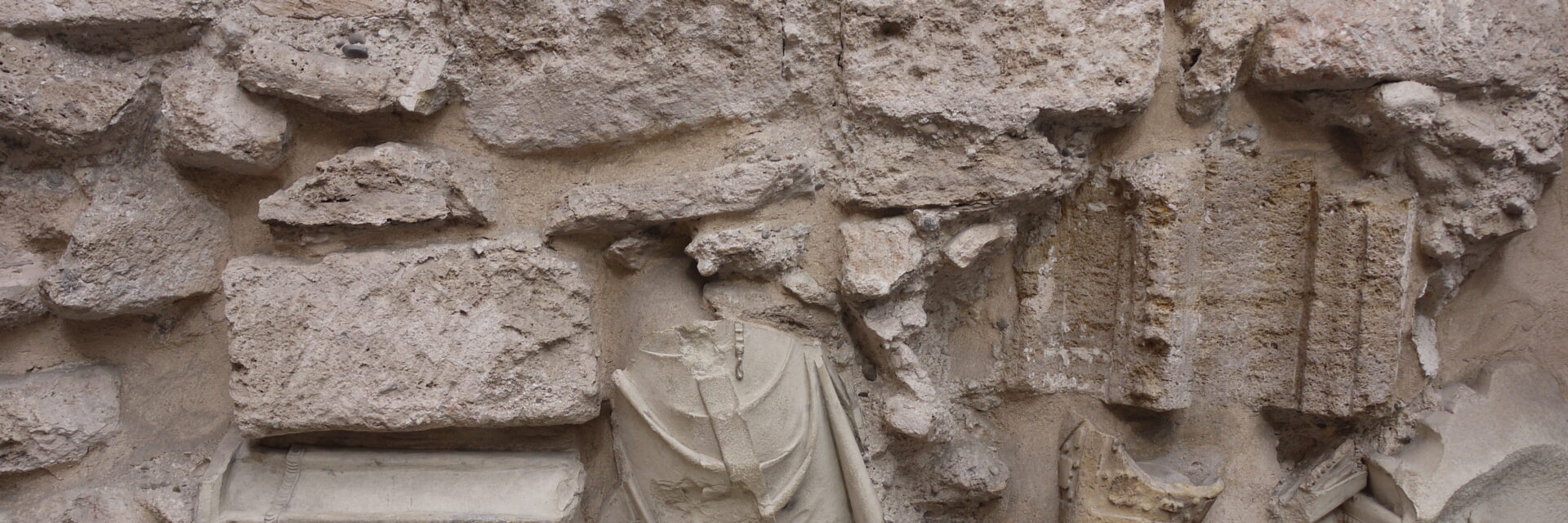
The consortium
AUTOMATA is implemented by a network of excellence composed of 13 academic and non-academic organisations from 7 countries (Italy, France, Croatia, Israel, Spain, Belgium and the United Kingdom), placed under the coordination of the University of Pisa. The project leverages the expertise of universities, research institutes, technological enterprises, and cultural institutions, blending diverse expertise across archaeology, robotics, and cultural heritage preservation.
- The University of Pisa
- Université Bordeaux Montaigne
- INRIA
- Institut national de recherches archéologiques préventives
- Archaeological Museum in Zagreb
- QBrobotics srl
- The Hebrew University of Jerusalem
- Miningful srl
- Fondazione Istituto Italiano di Tecnologia
- Universitat de Barcelona
- Culture Lab Sprl
- The Archaeology Data Service
- King’s College London
Project partners

Università di Pisa (UNIPI – IT) – Dipartimento di Civiltà e Forme del Sapere / MAPPA Lab
The Dipartimento di Civiltà e Forme del Sapere is an academic department dedicated to the study of human culture, history, and the various forms of knowledge. It focuses on interdisciplinary research and education, encompassing philosophy, history, literature, and social sciences to explore the evolution of civilizations and ideas.

Université Bordeaux Montaigne (UBM – FR)
Bordeaux Montaigne University brings together more than 16,000 students and 1,300 teaching and administrative staff, for study and research in the arts, languages, literatures and human and social sciences.

National Institute for Research in Digital Science and Technology (INRIA – FR)
Inria is the national research institute for digital science and technology and, since January 2024, is responsible for the Digital Programmes Agency in France, which aims to strengthen the collective dynamics of higher education and research.
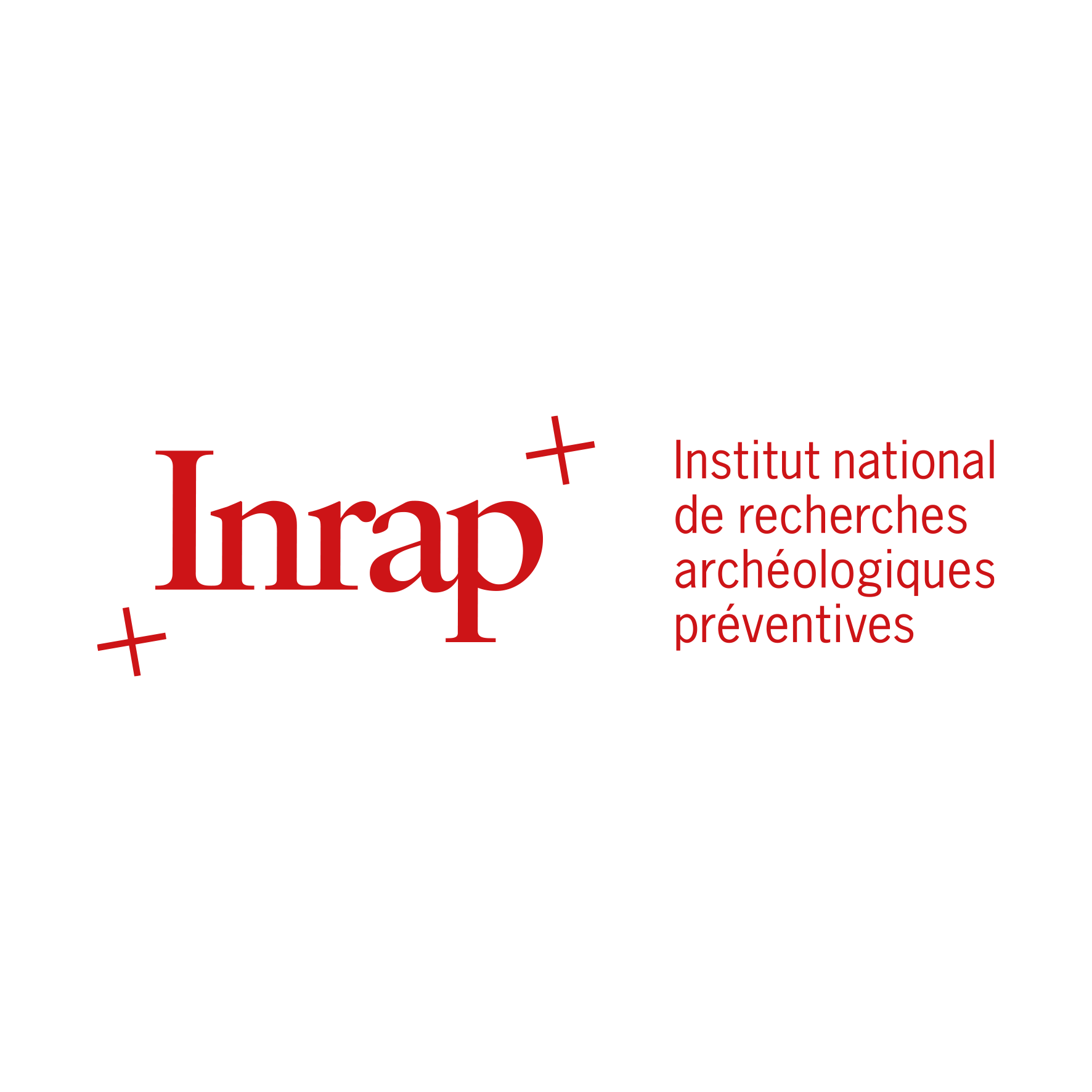
Institut national de recherches archéologiques préventives (INRAP – FR)
Created in 2002, Inrap is a public research institution under the supervision of the Ministries of Culture and Communication, and of Research. It ensures the detection and study of the archaeological heritage affected by development works.
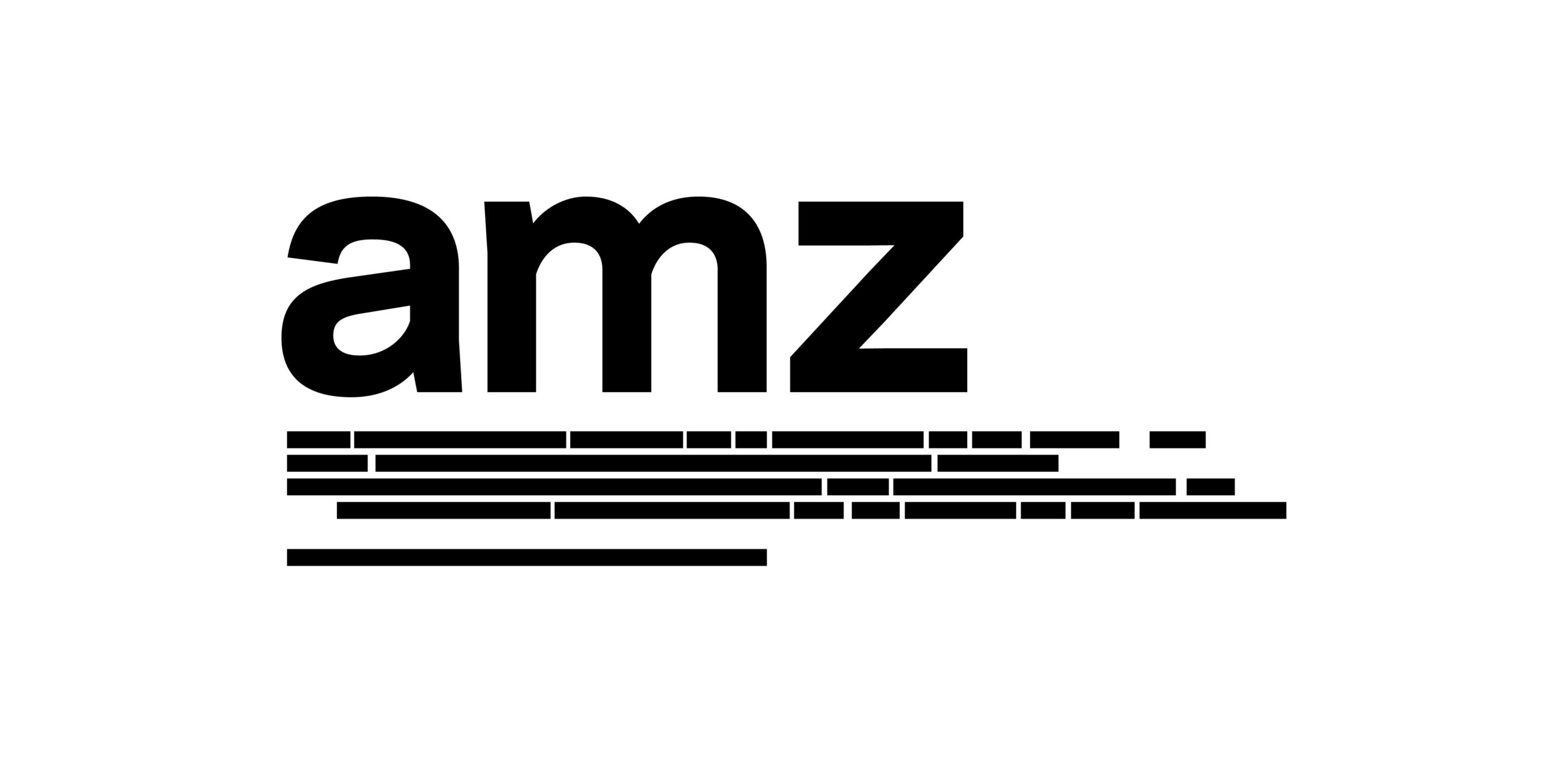
Archaeological Museum in Zagreb (AMZ – HR)
The Archaeological Museum in Zagreb is a direct successor of the National Museum, the oldest museum institution in the capital. This first national museum started its work in 1846. Since 1866, it was divided into the Department of Natural History and the Department of Archaeology and History. Since 1940, the Archaeological Museum has been working independently and in 1945, the Archaeological Museum was moved in the Vranyczany-Hafner Palace.

QBrobotics srl (QB – IT)
qbrobotics is an Italian company founded in 2011 as a research and development company active in the robotics field as producer of innovative devices implementing the soft-robotics technology such as robotic hands, grippers for robots and cobots, and VSA actuators.
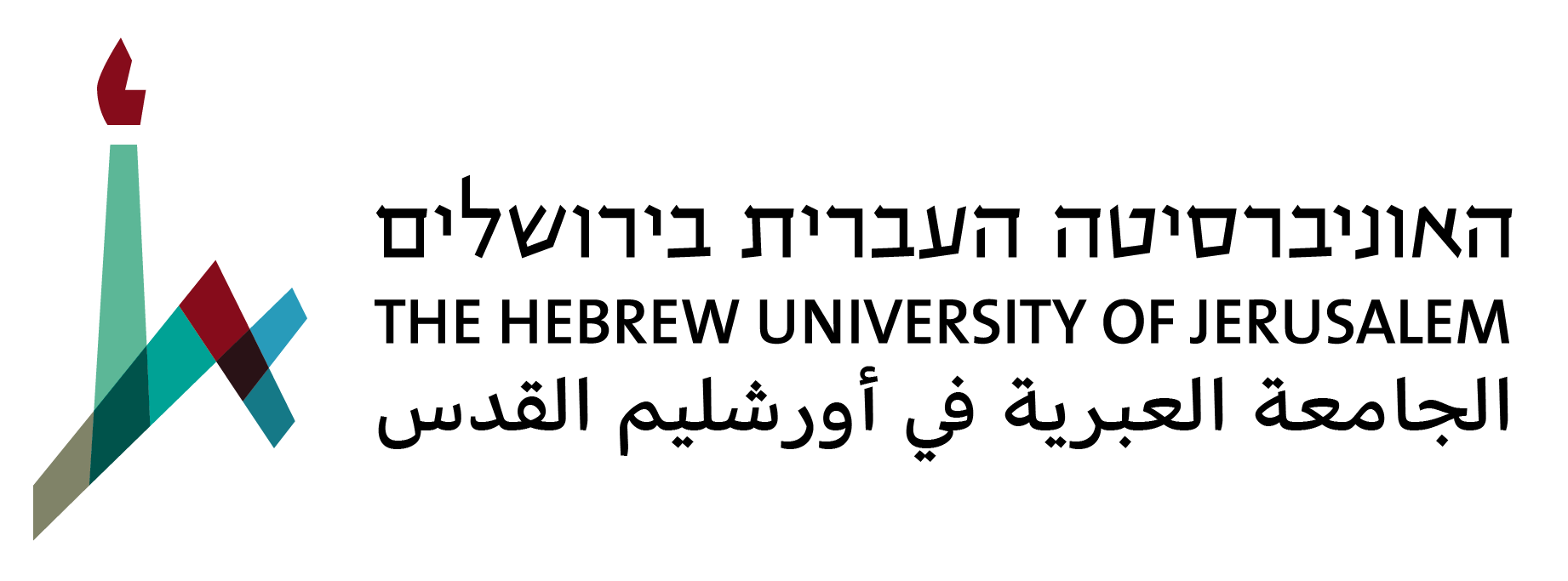
The Hebrew University of Jerusalem (HUJI – IL)
The Hebrew University of Jerusalem is Israel’s leading university as well as its premier research institution, consistently ranked among the 100 leading universities in the world.

Miningful srl (MIN – IT)
Miningful leverages cutting-edge AI technology to build and integrate predictive systems into production, commercial, logistics and distribution processes within the industrial sector.
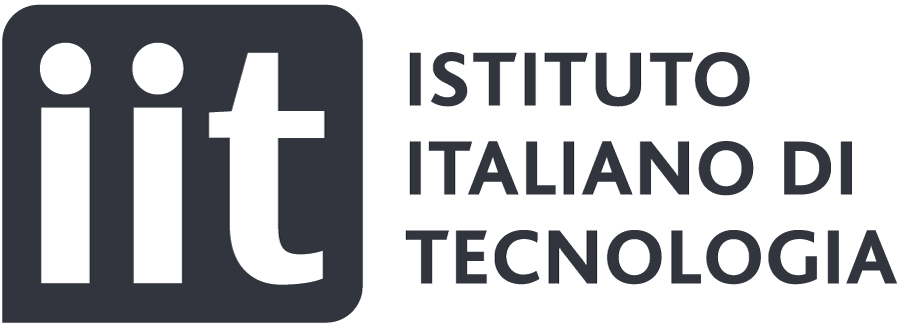
Fondazione Istituto Italiano di Tecnologia (IIT – IT)
Fondazione Istituto Italiano di Tecnologia (IIT) is a scientific research centre established in 2003. IIT develops multidisciplinary scientific activities with a strong technology transfer approach.

Universitat de Barcelona (UB – ES)
The Research Group on Archaeology of Complex Societies and Processes of Social Change) (GRACPE) of the University of Barcelona (UB) is devoted to verifying the hypothetical models concerning sociocultural evolution, the development of complexity, urbanisation, and the origin of institutionalized socio-inequality.
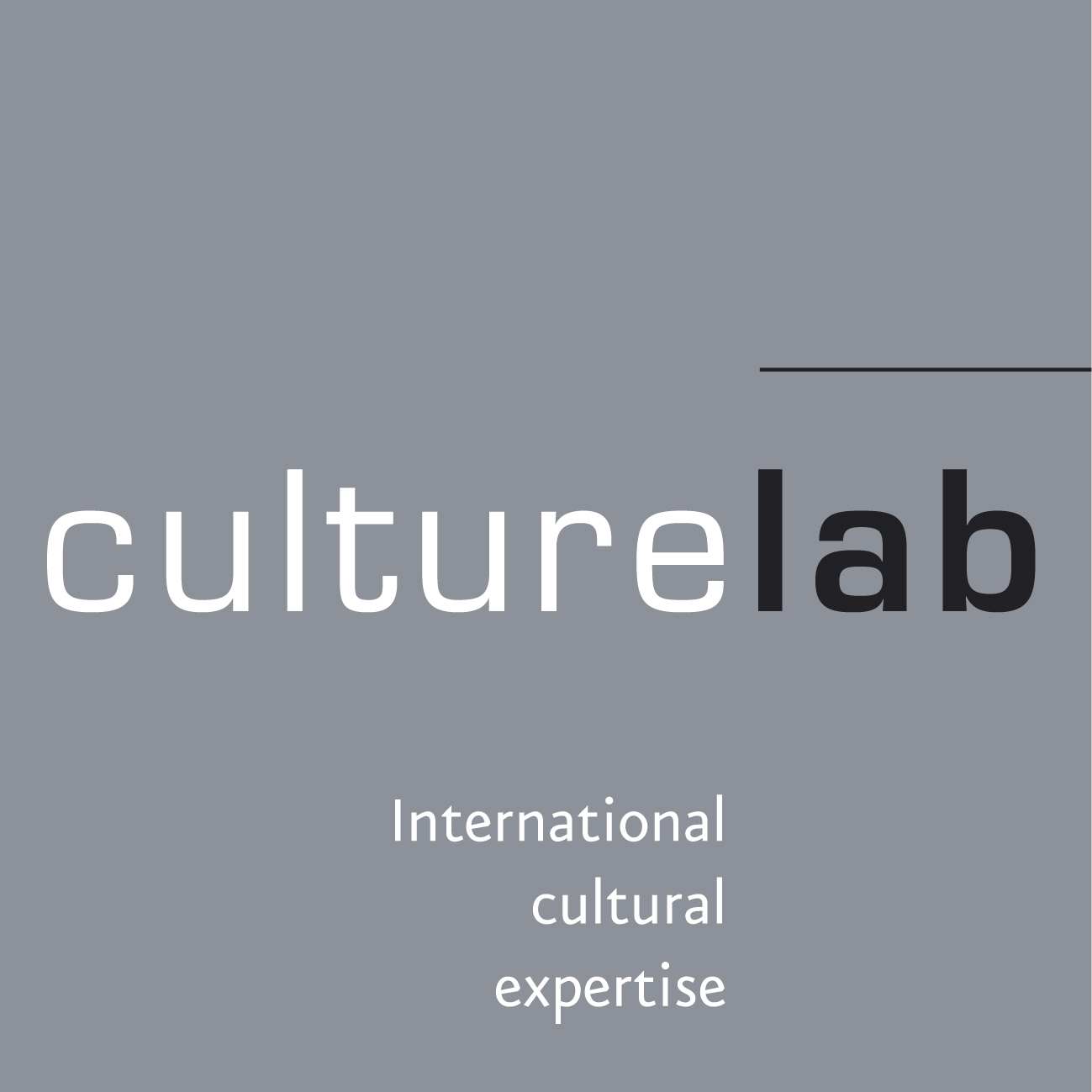
Culture Lab Sprl (CL – BE)
Culture Lab (CL), founded in 2002, is a private agency based in Brussels, providing European and international expertise in the areas of culture and heritage.

The Archaeology Data Service (ADS), York
The Archaeology Data Service (ADS) is the leading accredited digital repository for archaeology and heritage data generated by UK-based fieldwork and research.
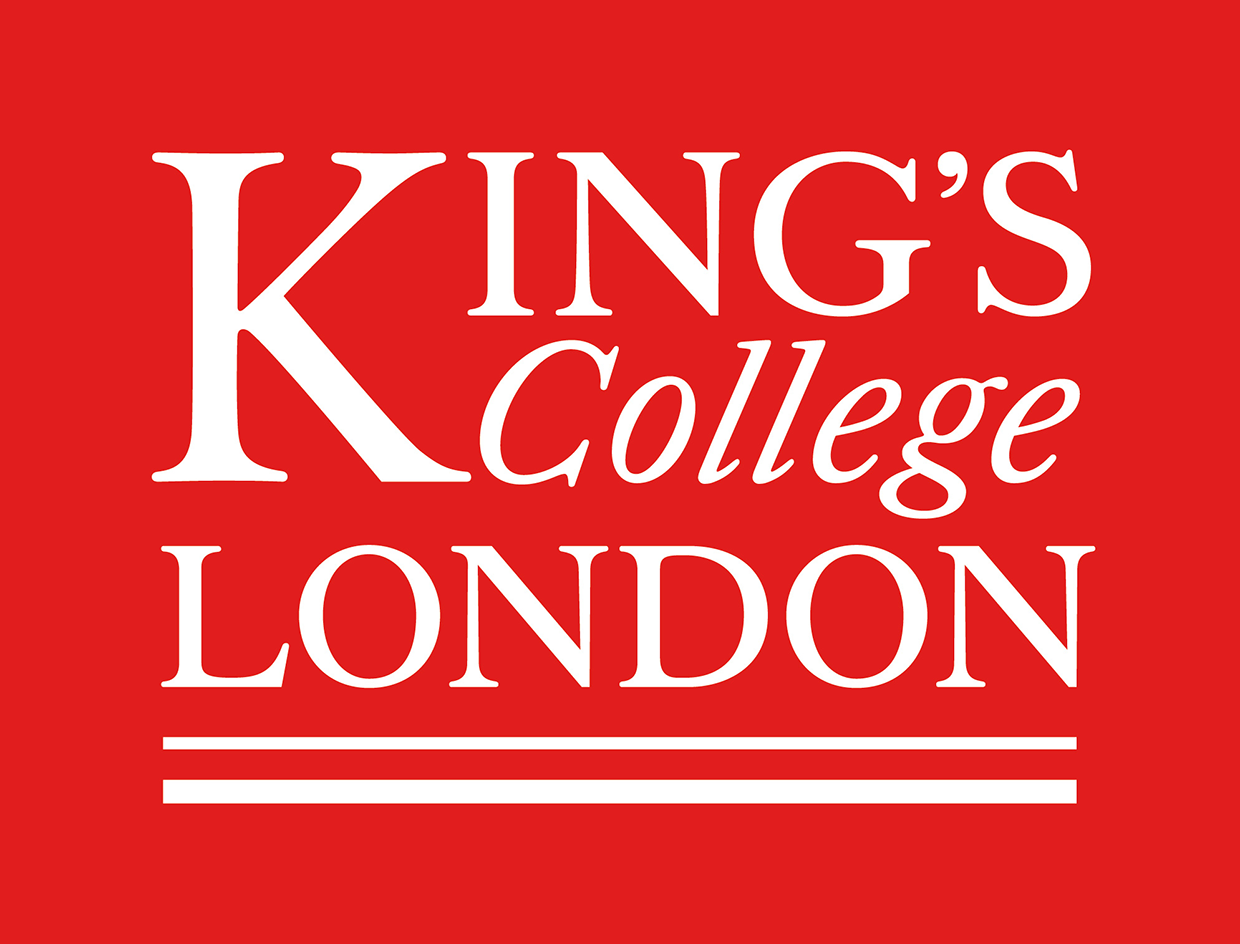
King’s College London – UK
King’s College London is one of England’s oldest and most prestigious universities, founded within the tradition of the Church of England by King George IV and the Duke of Wellington
